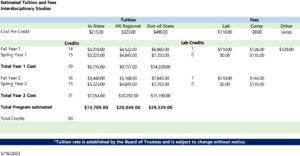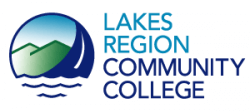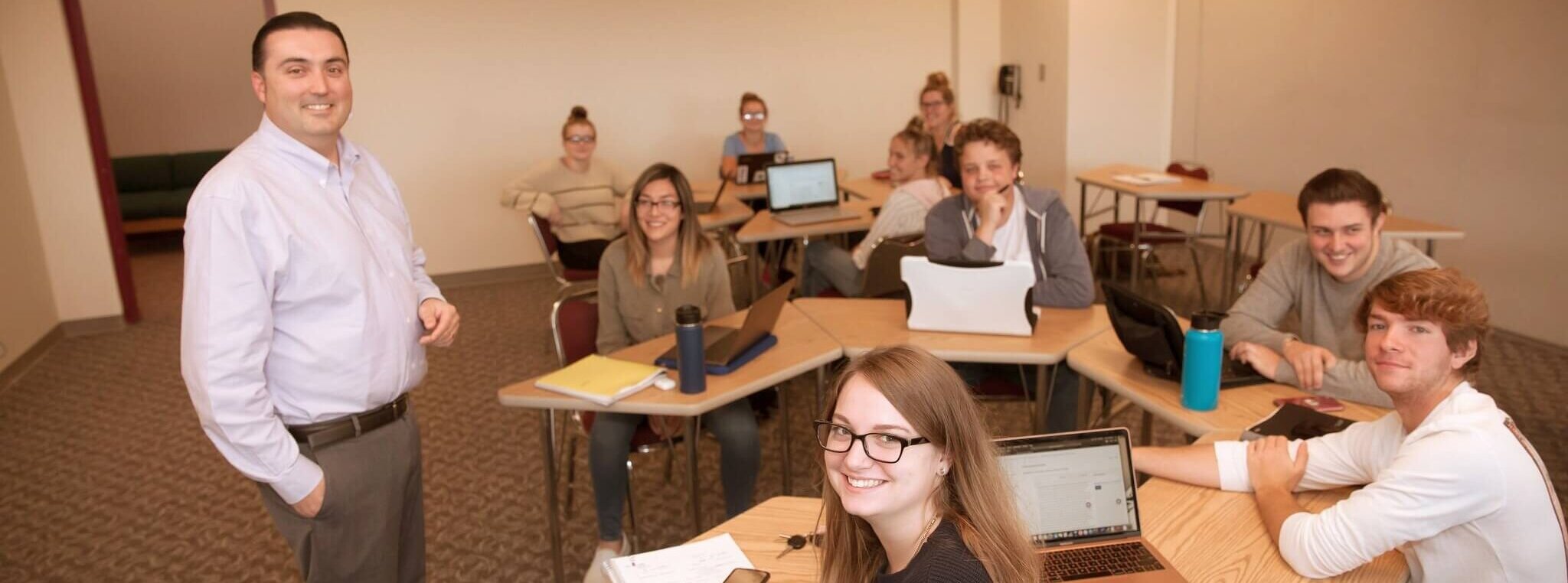Program Overview
The Interdisciplinary Studies degree is for students seeking to create a self-designed program to meet personal or career goals, complete course work to meet admission requirements for a desired program or wishing to matriculate while awaiting admission to competitive degree programs. The Interdisciplinary Studies experience provides students with an alternative to the existing programs available at Lakes Region Community College.
The program provides flexibility by encouraging students to select courses from multiple academic disciplines and allows students design their own educational path. Students in this program are required to consult with an academic advisor to gain approval of their degree plan.
The Interdisciplinary Studies degree offers two options:
Option One: Students selecting this option will work with their academic advisor to create an area of concentration consisting of thirty-six credits. Within the area of concentration, students must earn at least eight (8) credits in 200-level courses. Students awaiting admission to the Nursing program can utilize this option to fulfill admission pre-requisites and/or general education requirements.
Option Two: Students may work with an academic advisor to determine a path with more than one area of focus. This option is for those exploring different career paths as they are undecided on one program. Students will work with their academic advisor to develop an area of interest, which may result in transfer to an established degree program; however, successful completion of an approved exploration can result in the awarding of this degree. Students are required to earn a least eight (8) credits in 200- level courses to earn this degree.
Program Outcomes
Graduates of the LRCC program will meet expected outcomes including the ability to:
- demonstrate integrity, responsibility, perseverance and tolerance of ambiguity through the acquisition of knowledge and skills for leadership, further education and team work;
- communicate effectively both verbally and non-verbally;
- demonstrate a process for evaluating information rationally and consistently;
- demonstrate scientific thought both quantitatively and qualitatively by learning to recognize and formulate questions for analysis of human and technical problems.
Course Sequencing
First Year
Program Elective
Total Credits: 3
English Elective
Total Credits: 3
Mathematics Elective (3 credits)
Total Credits: 3
Program Electives (9 Credits)
Total Credits: 9
Second Year
Humanities/Fine Arts/Foreign Language Elective
Total Credits: 3
Science Elective (4 credits)
Total Credits: 4
Program Electives (9 Credits)
Total Credits: 9
IDS290L OR IDS291L
Total Credits: 3
Program Electives (12 Credits)
Total Credits: 12
Degree


